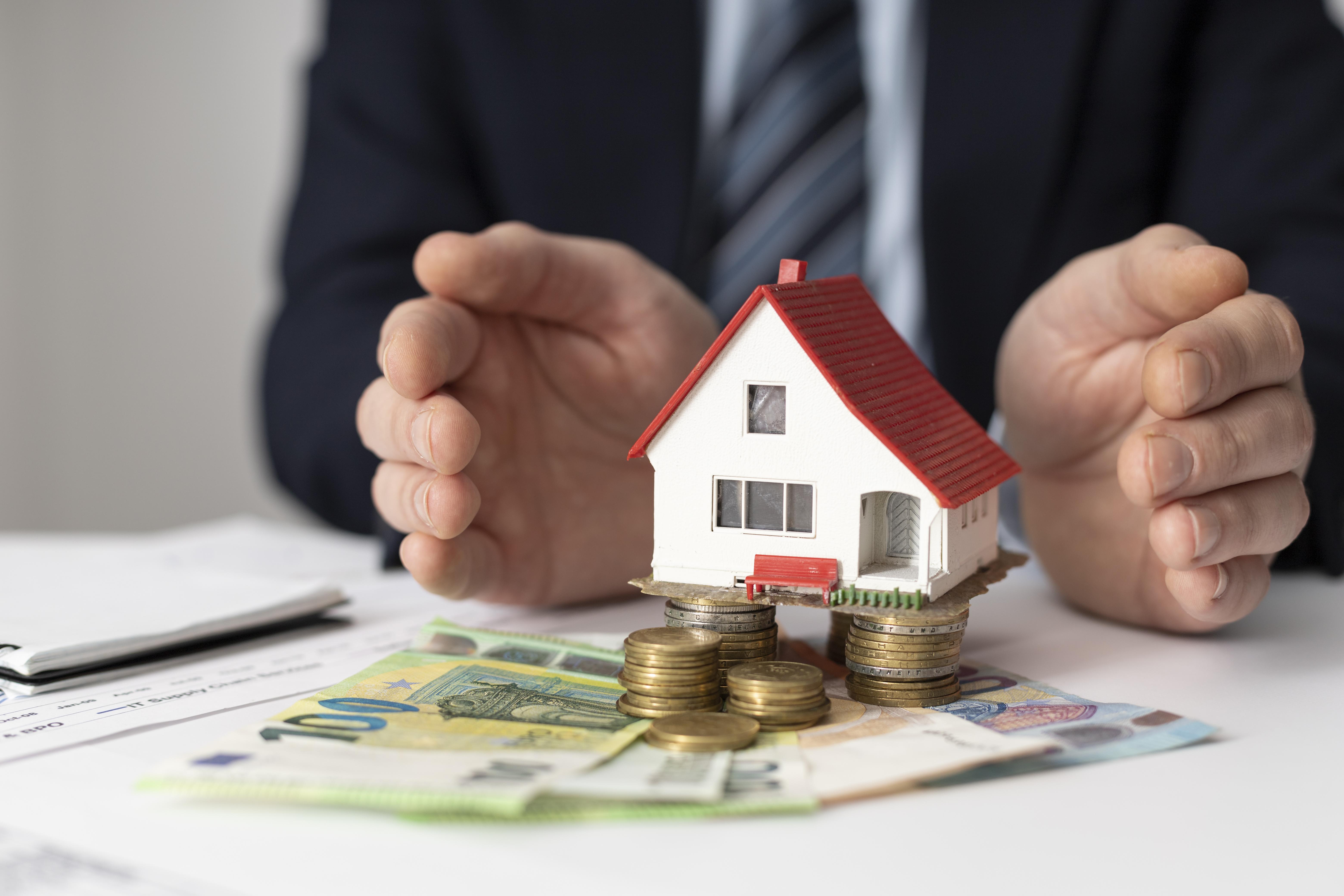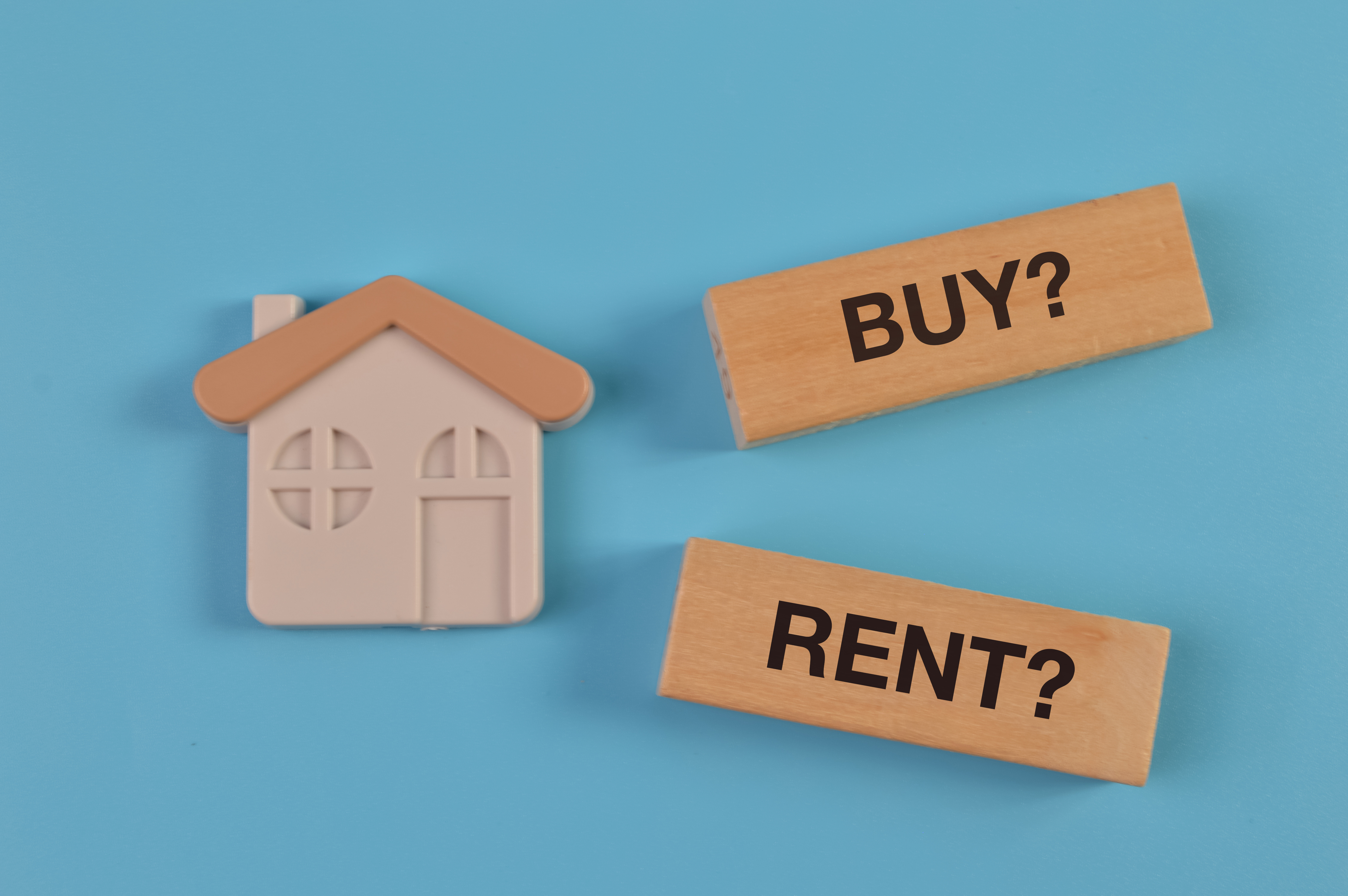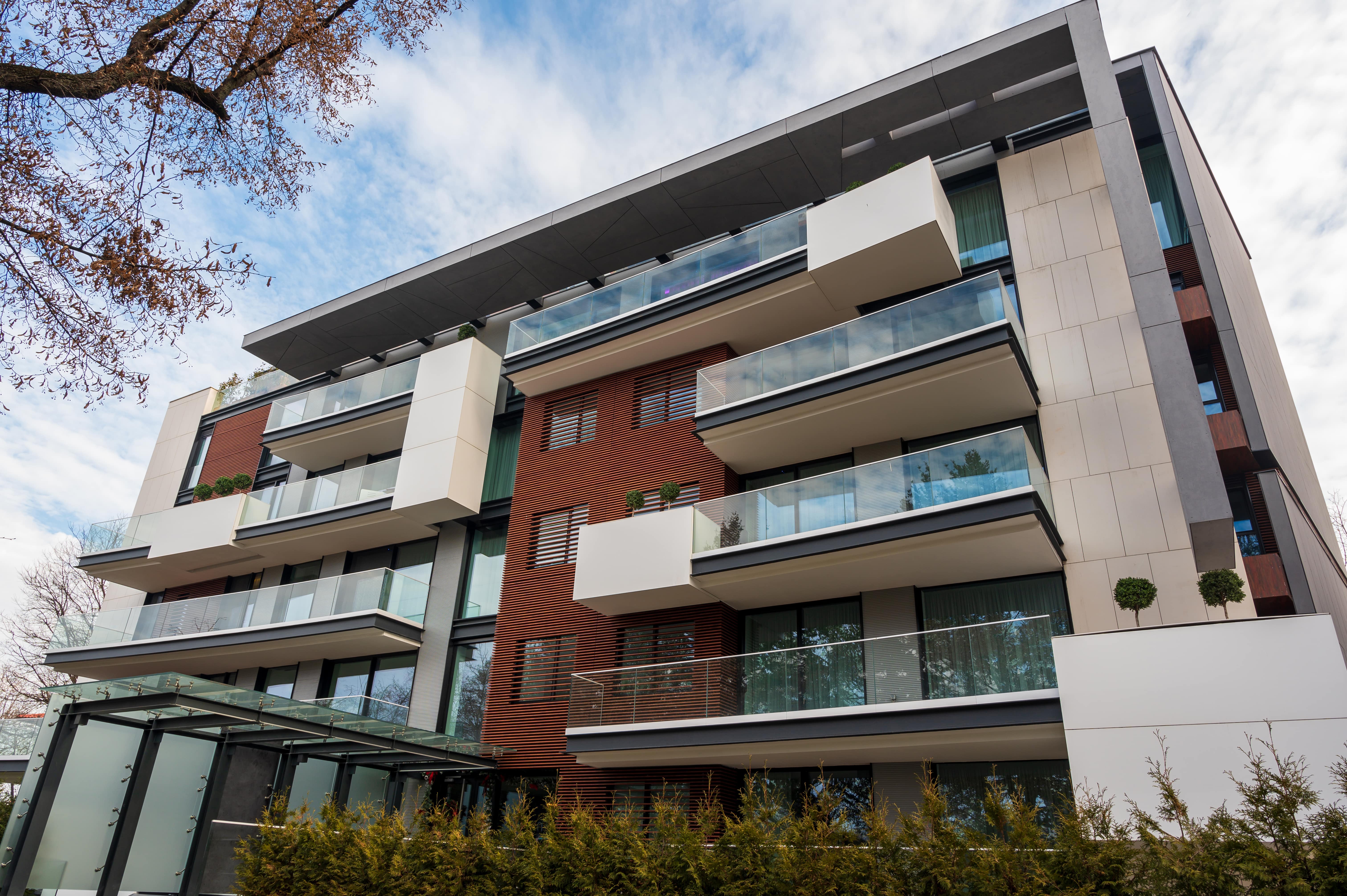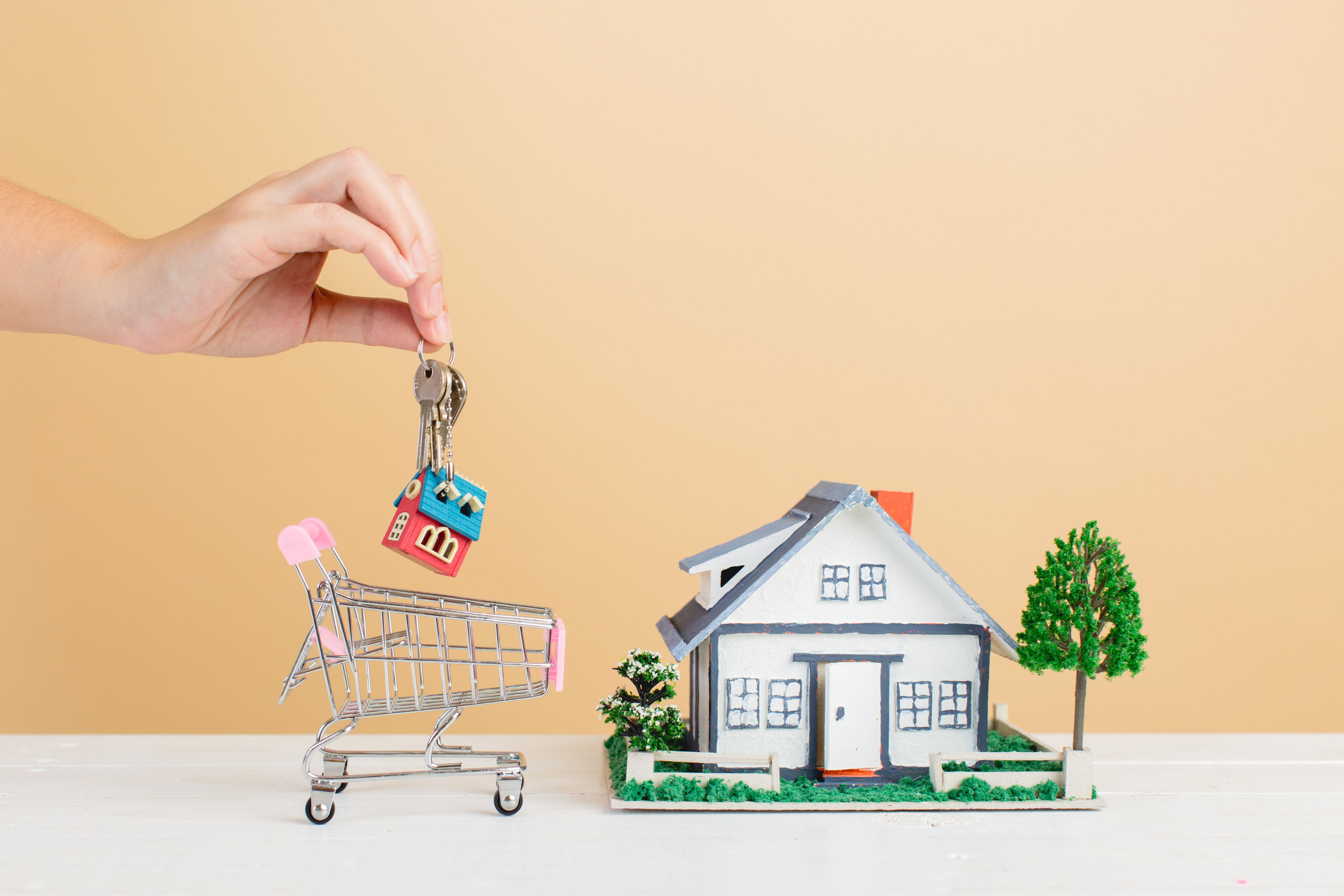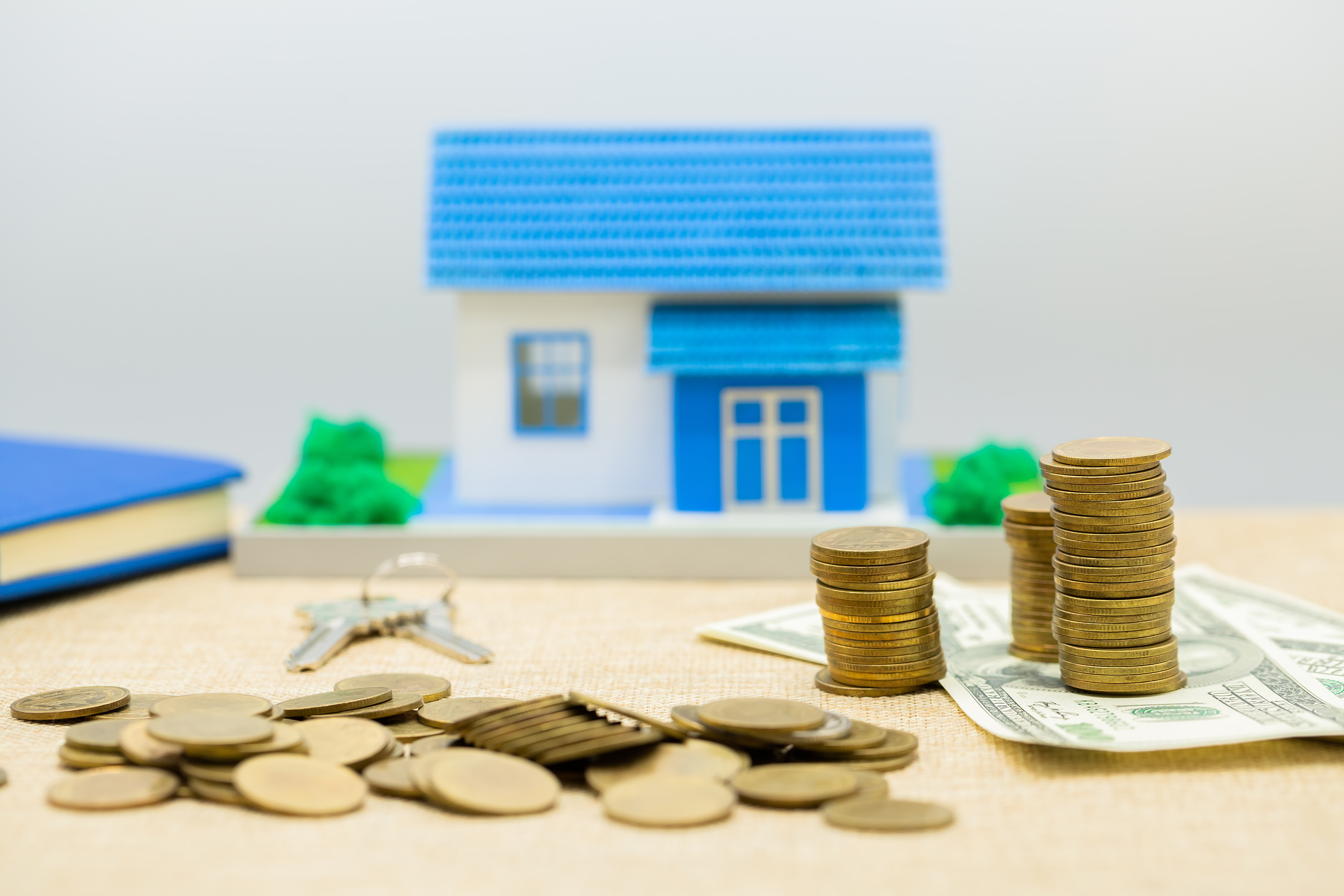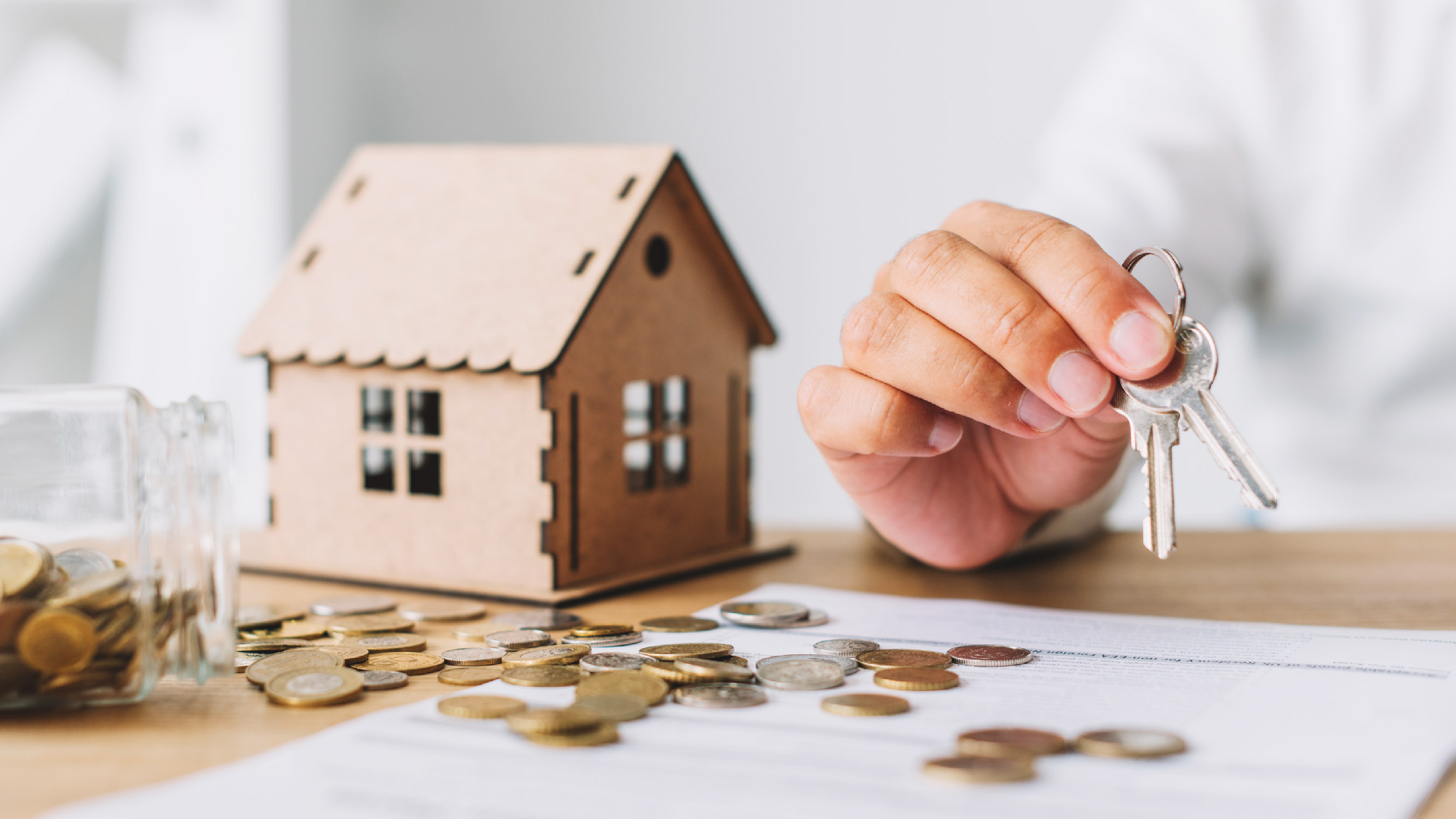
Buying your first home is an exhilarating adventure! Everywhere you look, you see potential – the perfect spot for your home office, the ideal layout for family dinners. But amidst the excitement, a question lingers: are you buying a dream home or a financial burden?
This is where the conflict of cost vs value in real estate begins! When it comes to buying your first home, a question surely comes to your mind -“ would prioritizing affordability or long-term home value be more important?” c
Well, fret not! We'll explore both sides of the coin to help you make the best decision for your future.
Understanding home investment strategies and how to find a property that offers both long-term value and emotional connection is key to unlocking a home that's truly yours. So, let's navigate this exciting journey together, and find a place where your heart and your wallet can happily reside.
Understanding Cost Vs Value In Real Estate
Evaluating cost vs. value in real estate is one of the most important parts of smart home investment strategies. Here's a breakdown of what these terms actually mean:
Cost In Buying Home
The cost in home buying refers to the total amount of money required to purchase a home. This includes the purchase price of the property as well as additional expenses such as closing costs, property taxes, homeowner's insurance, and any fees associated with obtaining a mortgage.
Value In Home Buying
The value in home buying pertains to the perceived worth of a home, considering various factors such as its location, condition, size, amenities, and potential for appreciation. Value is subjective and can differ from the market price, reflecting the benefits and utility the home provides to the buyer.
Cost Considerations In Home Buying
Here’s a detailed insights on various cost factors you need to consider when planning for a cost-effective home buying:
1. Down Payment
This is a crucial first step, typically a percentage (ideally 20% or more) of the purchase price you pay upfront. A higher down payment reduces the amount you need to borrow and lowers your monthly mortgage payment.
2. Closing Costs
These are various fees associated with finalizing the home purchase. They can vary depending on location and loan type, but common closing costs include loan origination fees, title insurance, appraisals, attorney fees, and government recording fees. Be sure to factor in these costs when budgeting for your home purchase – they can add up to 3-6% of the purchase price.
3. Mortgage Payment
This will be your biggest monthly expense, encompassing both principal (the amount you borrow) and interest (the cost of borrowing). Understanding the terms of your loan, including interest rate and loan term, is crucial for budgeting your monthly payments.
4. Property Taxes
These are annual taxes levied by your local government based on the assessed value of your property. Property tax rates can vary significantly depending on location.
5. Homeowners Insurance
This protects you financially in case of damage to your property from fire, theft, or weather events. Premiums can vary based on factors like the value of your home, location, and the type of coverage you choose.
6. Maintenance and Repairs
Owning a home comes with ongoing maintenance needs. Budget for regular maintenance tasks like lawn care and gutter cleaning, as well as potential repairs for unforeseen issues like plumbing problems or appliance breakdowns.
7. Private Mortgage Insurance (PMI)
If your down payment is less than 20% of the purchase price, you might be required to pay PMI, which is an additional monthly fee that protects the lender in case of default. PMI can be removed once your loan-to-value ratio (LTV) reaches 80%.
Beyond The Purchase Price : Value Considerations In Home Buying
While cost is undeniably important, it's only one side of the coin. Understanding the factors that contribute to a home's value is crucial for making a sound investment decision. Here's what you need to consider:
1. Location
The location of a home significantly impacts its value. Proximity to good schools, public transportation, shopping centers, and low crime rates are key factors. Here’s a detailed insight- Why location matters the most!
2. Property Condition
The physical state of the property, including its structural integrity, age, and the quality of construction and materials used, plays a crucial role in its value. Well-maintained homes typically command higher prices and offer better investment potential.
3. Size and Layout
The overall size of the home, including the number of bedrooms and bathrooms, as well as the functionality of its layout, affects its value. Homes with flexible, modern layouts that maximize space are more attractive to buyers.
4. Amenities and Features
Special features such as a modern kitchen, updated bathrooms, energy-efficient appliances, outdoor spaces, and smart home technology add to the home's value. Additionally, amenities like gyms, pools, parlors, community halls, cafeterias, and game courts enhance the living experience. These enhancements can make a home more comfortable and appealing. If you are in search of a home with all these amenities and features, our Estella is the best option for you!
5. Market Trends
Current real estate market conditions, including supply and demand dynamics, interest rates, and economic factors, influence home values. A booming market can drive up prices, while a downturn can have the opposite effect.
6. Neighborhood
The overall quality of the neighborhood, including community services, aesthetic appeal, and the general upkeep of surrounding properties, influences home value. Vibrant, well-kept neighborhoods with strong community engagement are highly valued.
7. Economic Stability
The economic health of the region, including job market stability and local business growth, can affect home values.
Long Term Home Value : Ensuring Your Investment Grows
A smart homebuyer doesn't just focus on the present; they consider the future. Here are some ways to ensure your investment appreciates in value over time:
- Maintaining Your Property
Regular upkeep isn't just about keeping your home looking good; it preserves its value. Simple things like lawn care, gutter cleaning, and timely repairs go a long way.
- Strategic Upgrades
Not all renovations are created equal. Focus on improvements with a high ROI, like updated kitchens or bathrooms, or adding energy-efficient features.
- Sustainable Choices
Modern updates that improve energy efficiency, like solar panels or smart thermostats, can not only save you money but also make your home more attractive to future buyers.
Final Verdict : Striking The Balance Between Cost & Value In Home Buying
So, we've explored both sides of the coin: cost, the immediate financial outlay, and value, the long-term worth of a property. But the real question remains: which one should be your priority?
The truth is, there's no one-size-fits-all answer. The ideal balance between cost and value depends on your individual circumstances and priorities. Here are some factors to consider:
- Long-Term Goals: Are you planning to stay in this home for many years or see it as a stepping stone? If you plan to stay put, a higher initial investment in a property with long-term value potential might be worthwhile.
- Financial Stability: Can you comfortably afford the monthly mortgage payment, property taxes, and ongoing maintenance costs without sacrificing your financial security? Prioritizing affordability ensures you're not house-rich and cash-poor.
- Lifestyle Needs: Consider your lifestyle priorities. Do you need a spacious home for a growing family, or is a smaller space with a prime location more important? Prioritizing your needs ensures your home supports your desired lifestyle.
Ultimately, the best approach is to find a property that offers a good balance between affordability and long-term value. Don't get caught up in emotional decisions that could lead to financial strain. By carefully considering all the cost factors and doing a proper property value assessment, you can make a sound investment that provides a comfortable and secure home for years to come.
Summing Up!
So, what do you feel now? We hope that this guide has hopefully empowered you to find that sweet spot – a home that fits your budget while offering the potential to grow in value over time. Remember, a smart home purchase shouldn't just be affordable today, but also contribute to your financial security tomorrow.
Are you from Surat and looking for a dream 4bhk or 5bhk home that exemplifies this perfect balance of cost and value? Look no further than Roongta's Estella! We are here with a commitment to quality,and functionality, all nestled in a vibrant community. Visit or contact us today to learn more about how Estella can be your perfect happily-ever-after.
For more insights on navigating the home buying journey, do check out our blogs – you'll find a treasure trove of valuable information to guide you every step of the way.
RECOMMENDED FOR
YOU
Redefining Growth: What Sets Roongta Developers Apart as Surat's Fastest Growing Real Estate Company

